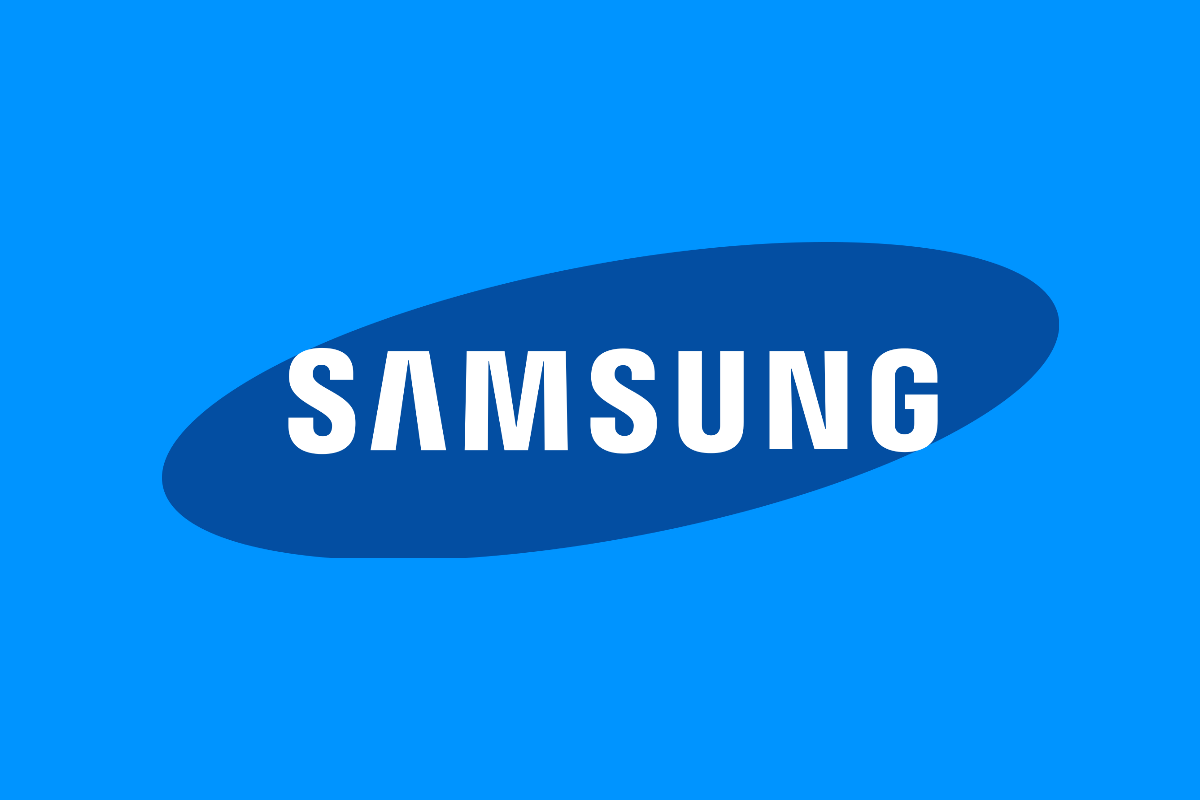In order to promote manufacturing within India, the Indian government had introduced the Phased Manufacturing Programme (PMP) in August 2017 through an official notification issued by the Government of India's Ministry of Electronics & Information Technology. The PMP furthers the goals of the Make in India initiative by discouraging companies from importing components and instead, encouraging them to manufacture them within the country. However, a recent change to the PMP has prompted companies like Samsung to reconsider their decision to manufacture smartphones like the Samsung Galaxy S9 and Galaxy Note 9 in the country.
Under the Phased Manufacturing Plan, the Government of India envisaged a gradual levy of import duties on raw materials involved in the manufacture of electronic goods (which the government earlier had made inexpensive by exempting these components from basic customs duties). This would make assembling devices in India expensive, which in-turn should force companies to look into the alternative of local manufacturing and enjoy other incentives under the Make in India program.
The PMP had placed a deadline of 2019-20 for components such as the display assembly. The final date for the PMP was naturally interpreted as being March 31, 2020. Manufacturers could begin manufacturing these components before this date, and hence, had prepared their investment plans for manufacturing facilities accordingly. The industry had been lobbying for the PMP deadline for display panels to be pushed back to the next fiscal year, as there is no local production for them yet. The display accounts for 25-30% of a phone's production cost, and bringing back the Basic Custom Duty on it would result in a direct and substantial increase in the cost of the phone, which in turn would either cut into the already-thin profit margins, or be passed onto the consumer.
Instead of pushing back the deadline, the Ministry of Electronics & Information Technology has advanced the PMP deadline by two months, through a new notification issued on January 4, 2019. The government now wants companies to begin local manufacturing of display panels by January 2020 or face a 10% import duty.
If import duties are levied on display panels, the cost of manufacturing will go up and we will have to stop the manufacturing of Samsung flagship products like the S9 and Note 9 in India.
In a letter to the government, Samsung India has said that if import duties are levied on display panels, the cost of manufacturing will go up and "we will have to stop the manufacturing of Samsung flagship products like the S9 and Note 9 in India". Samsung said that it is in the process of setting up a display assembly plant for mobile phones at an outlay of $100 Million, but this will be operational by April 1, 2020 - which is closer to the earlier deadline. The unit will be able to produce AMOLED displays, which would have allowed Samsung to continue its assembly processes unhindered under the previous plan.
Additionally, the PMP deadline preponement will force Samsung to also shelve its plans to increase exports of "Made in India" phones since it will now become unviable. These India-made mobiles will no longer be able to compete with the costs of low-cost manufacturing economies like Vietnam.
The effects of the government's move will be seen across the smartphone manufacturing and assembling industry in India. Several mobile phone assembly units in the country may shut down if the PMP is implemented early, as it directly affects the cost of doing business. It will also affect the fundamental possibility of doing business, as manufacturing of components within the previous PMP timetable has not even completely taken off yet.
Stakeholders have urged the government of the second-largest smartphone market in the world to reconsider its decision to advance the PMP deadline.

